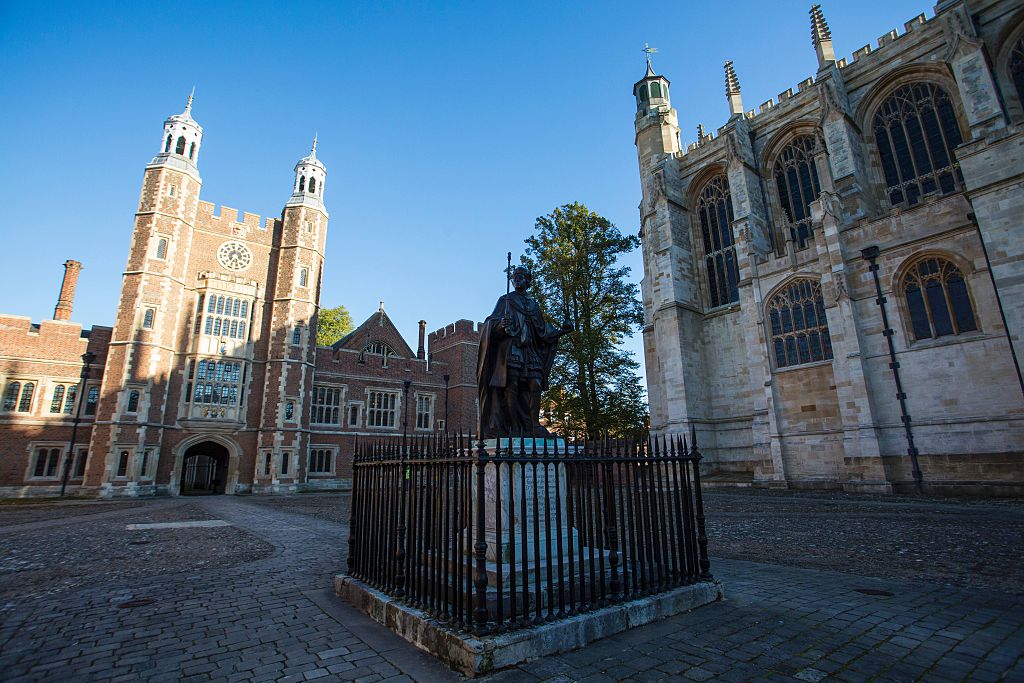The future became more uncertain for hundreds of thousands of youngsters this week when Gavin Williamson cancelled their GCSE exams. But pupils at some of Britain’s top public schools were affected less than their contemporaries in state maintained schools.
Why? Because what Williamson did not talk about when he cancelled exams were International GCSEs. Broadly equivalent to domestic exams, and offered by the same exam boards, they are marketed worldwide and, unlike GCSEs, look set to go ahead this summer. Britain’s educational divide has always been fairly stark. And this decision could further widen that gap between rich and poor pupils.
As a teacher, I was pleased to hear Williamson tell Parliament that he trusts us more than algorithms. But without algorithms to standardise the process, the unfortunate truth is that grade inflation seems all but inevitable.
Yet if GCSEs end up devalued, international GCSEs won’t. This is good news for the many independent schools like Eton College, Winchester and Westminster, that have adopted these exams. It also means that pupils at these elite schools have a greater incentive to continue to strive hard in their studies over the coming months, in the knowledge that, come summer, they will sit an exam.
The Independent Schools Council’s website has carried a statement
from Pearson, one of the three exam boards in England, making it clear that: ‘At this time, our intention is to run the May/June 2021 series for International GCSE, as planned…We appreciate that local circumstances can change at short notice, however we hope that this provides the certainty you need to continue teaching and to support students in their preparation for exams.’
The education system has always been unequal – likely it always will be – but in his speech on Tuesday, Williamson widened the gap. As teachers and pupils across the maintained sector face a period of uncertainty – not to mention the futility of preparing for exams that will never happen – many private school pupils still have the prospect of sitting their International GCSE exams.
Remote teaching and learning is far less satisfactory than the classroom, but it is likely to work a lot better with a goal at the end of it. Williamson’s decision was hasty. Without a further government U-turn of seismic proportions, GCSE exams this summer are doomed. Maybe the International GCSEs will eventually be cancelled as well, but the longer they stay in place the greater the advantage for the already privileged. Come the autumn, which group will be in a better place to start their A-Levels?







Comments